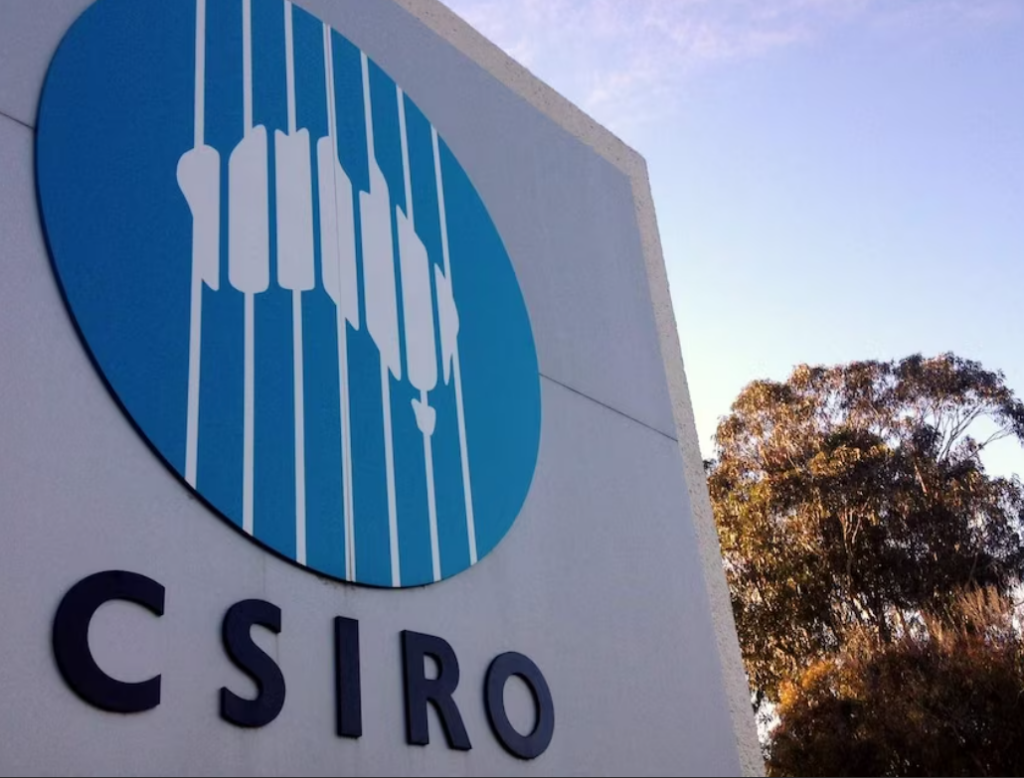Insider Brief
- Chinese-led scientists use a programmable superconducting quantum processor to simulate the physics of black holes.
- The researchers say it opens up new ways for scientists to use quantum computers to better understand physics.
- The team included researchers from researchers from the Chinese Academy of Sciences, Tianjin University, the Beijing Academy of Quantum Information Sciences, and RIKEN.
Chinese-led scientists have made significant progress in simulating the physics of black holes using quantum computing, according to the South China Morning Post.
The research explores the quantum effects of black holes by utilizing superconducting quantum chips, opening up new possibilities for creating quantum systems that mimic the properties of black holes.
Black holes are regions in space where gravity is incredibly intense, to the point that even light cannot escape. When a particle crosses the black hole’s boundary, known as the event horizon, it becomes trapped, unable to turn back. However, when quantum effects are considered, the particle inside the black hole can gradually escape, resulting in what is known as Hawking radiation, the paper reported.
Hawking radiation, a theory proposed by renowned physicist Stephen Hawking in 1974, refers to the theoretical emission of energy from just outside the event horizon of a black hole. This radiation causes black holes to lose energy over time, eventually leading to their evaporation. By simulating Hawking radiation, scientists can gain valuable insights and further investigate related black hole phenomena.

In their recent findings published in the peer-reviewed journal Nature Communications, the team of researchers from the Chinese Academy of Sciences, Tianjin University, the Beijing Academy of Quantum Information Sciences and the RIKEN Cluster for Pioneering Research in Japan highlighted the successful simulation of analogue Hawking radiation. They achieved this by developing a superconducting processor consisting of a chain of 10 qubits with interaction couplings controlled by nine tunable couplers, according to SCMP.
The team verified the behavior of stimulated Hawking radiation by measuring all of the qubits outside the black hole’s horizon. These results demonstrate the existence of a certain probability for the quasiparticle inside the analogue black hole to radiate through the event horizon, aligning with the characteristics of Hawking radiation, the paper reported.
The researchers hope that their findings will spark further interest in exploring the features of black holes using programmable superconducting processors with tunable couplers. While it remains challenging to directly observe quantum effects in real astrophysical black holes, this research advance provides a powerful tool for studying and understanding these elusive phenomena, according to the researchers.
If you found this article to be informative, you can explore more current quantum news here, exclusives, interviews, and podcasts.




















